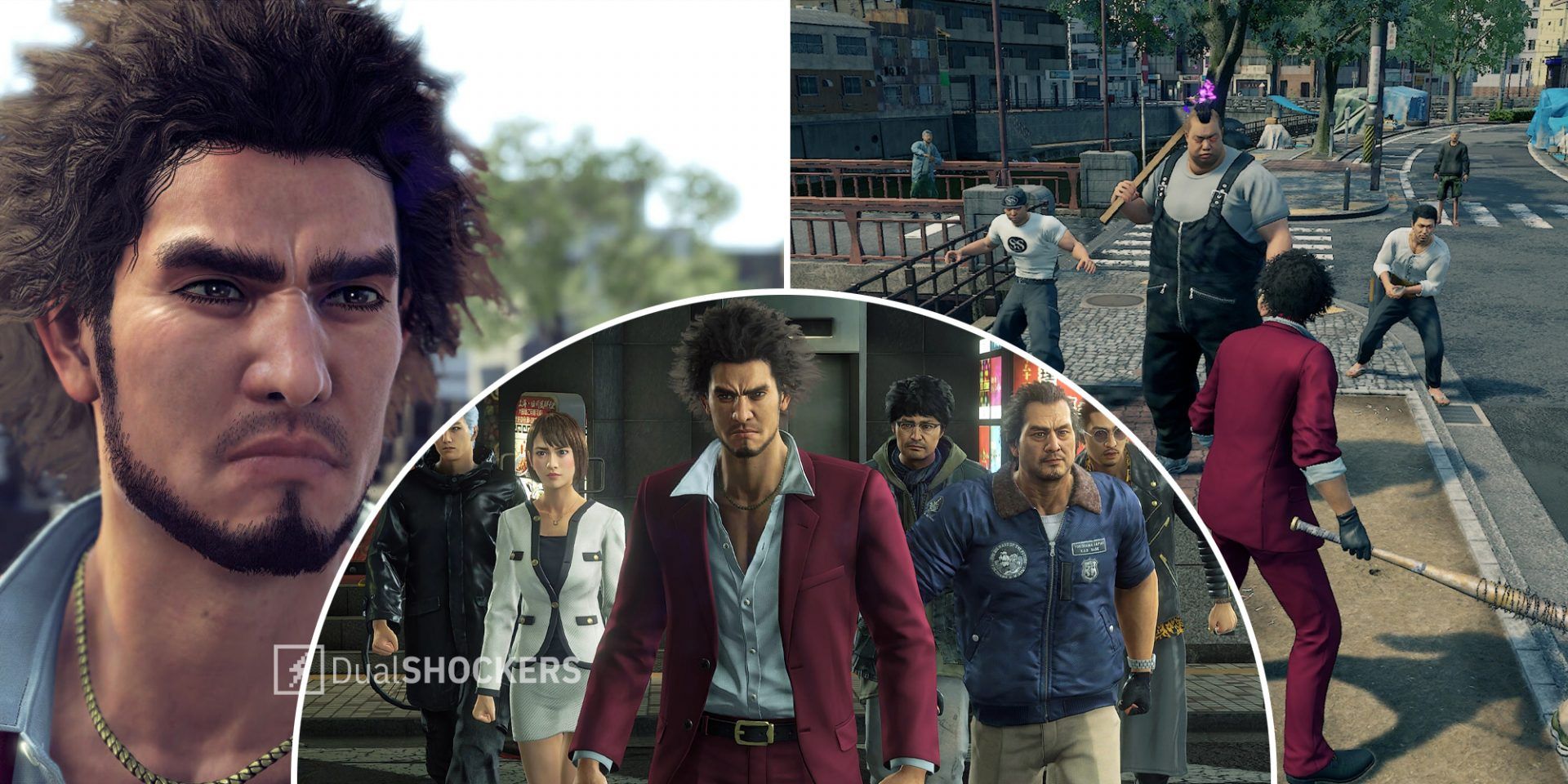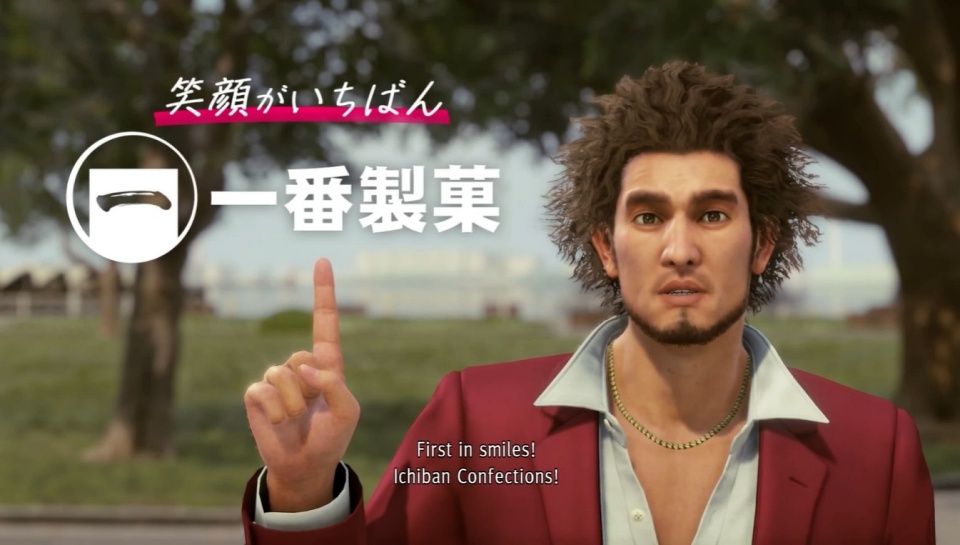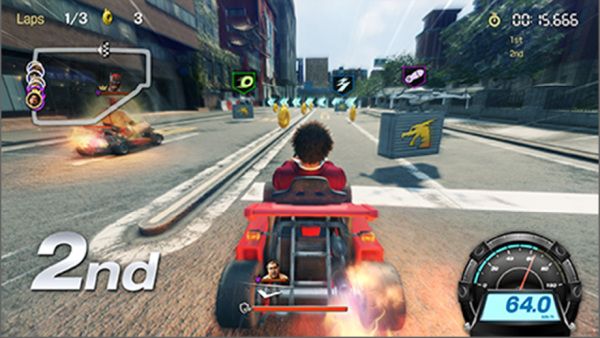When Sega released the teaser for Yakuza Online in 2019, they never expected the reaction they got. The short trailer they had put together was to serve as an April Fools' joke, revealing a shift to the JRPG genre instead of the Action-RPG’s the entire series were built off of up to that point. The fake game would not feature Kiryu as the main character, but a new character, Ichiban Kasuga.
What Sega and Ryu Ga Gotoku Studio did not expect was how much people would love the hypothetical new format. The reaction to this trailer so so huge that Sega shifted development of the next entry halfway through the games development, turning Yakuza 7 into the JRPG players know it as now.
Given the game's origins as a kind of hybrid action-RPG, the JRPG mechanics felt a little underwhelming, perhaps speaking to the team's lack of experience in the new format. After initiating a basic attack, if your currently selected party member comes across a weapon, they will pick up that weapon and use it. If you are selecting an enemy with someone else in front of them, they can hit you on your way to the target and potentially interrupt your attack - like an old-school D&D 'Attack of Opportunity.' This tried-and-tested mechanic, did not work very well in Yakuza however, because it was never clear when an enemy would interrupt you.
The game also had several cool abilities, but many of them felt underwhelming, which led to a tendency to find what works and stick with that. Abilities like Saeko's Somersault Kick and Candle Rush ability under the Night Queen subclass were incredibly powerful AOE attacks, and there was virtually no reason to ever have her do anything else. Yakuza 8 could definitely stand to include some better offerings to keep party builds more interesting.
Yakuza 7 property management minigame
The minigames have been a staple of the franchise since the very beginning, and Yakuza 7's new minigames were some of the series' best. The Survival Can and Property Management minigames had incredible depth, while other offerings, such as Dragon Kart, were a great idea, but not executed as well as they could've been. This is fairly typical for the Yakuza series, where minigames such as the Cabaret Manager and Pocket Racer become very popular and are featured in multiple games. The fact that Yakuza 7 had a number of hit minigames is a real feather in its cap.
Dragon Kart minigame in Yakuza 7
The level curve in the game did not help matter either. Battles were often too slow, filled with over-elaborate animations that meant grinding wasn't a satisfying process. Outside of recommended grinding, optional dungeons were usually a waste of time. Yakuza 8 finds itself in a difficult spot in this regard. It could go the route of its predecessor, where levels are not particularly important, and the game will always set you to a level where you can handle major story events to progress through the game, which would make grinding a pointless endeavor. The other end is using traditional JRPG grind curves, which followed a flat system that involved going out of your way to play through random encounters in order to raise your level. While sometimes tedious, this ensured that you would not be overwhelmed during bigger encounters.
The job system could use some work too. Ichiban’s early game struggles with homelessness were the perfect way to introduce a typical JRPG job system, but the issue with this is that most of them were not very good and did not properly incentivize switching jobs. Given the narrative choice to make Ichiban and your party homeless at the beginning of the game, a job system fit perfectly. The aesthetic aspect of these jobs was fine, but gameplay wise many of them felt half-baked.
Rather than focus on visually designed jobs, RGG should make sure each one plays different from one another. A majority of the jobs were locked to a certain character, such as Hero for Ichiban or Policeman for Koichi Adachi. The problem with these are that they are the default jobs for both characters, meaning there really wasn't any reason to interact with the job system for two of your major party members whatsoever. It remains to be seen if the job system from 7 will return, but either an expansion on the number of available classes, or improving the ones that are already there, is a must.
Yakuza 7 was a bold first try at a new genre - something many other games have attempted and failed in doing. With any hope, Ryu Ga Gotoku Studio will correct the minor issues present from 7, and will make Yakuza 8 the fully fledged JRPG that it is capable of being.



